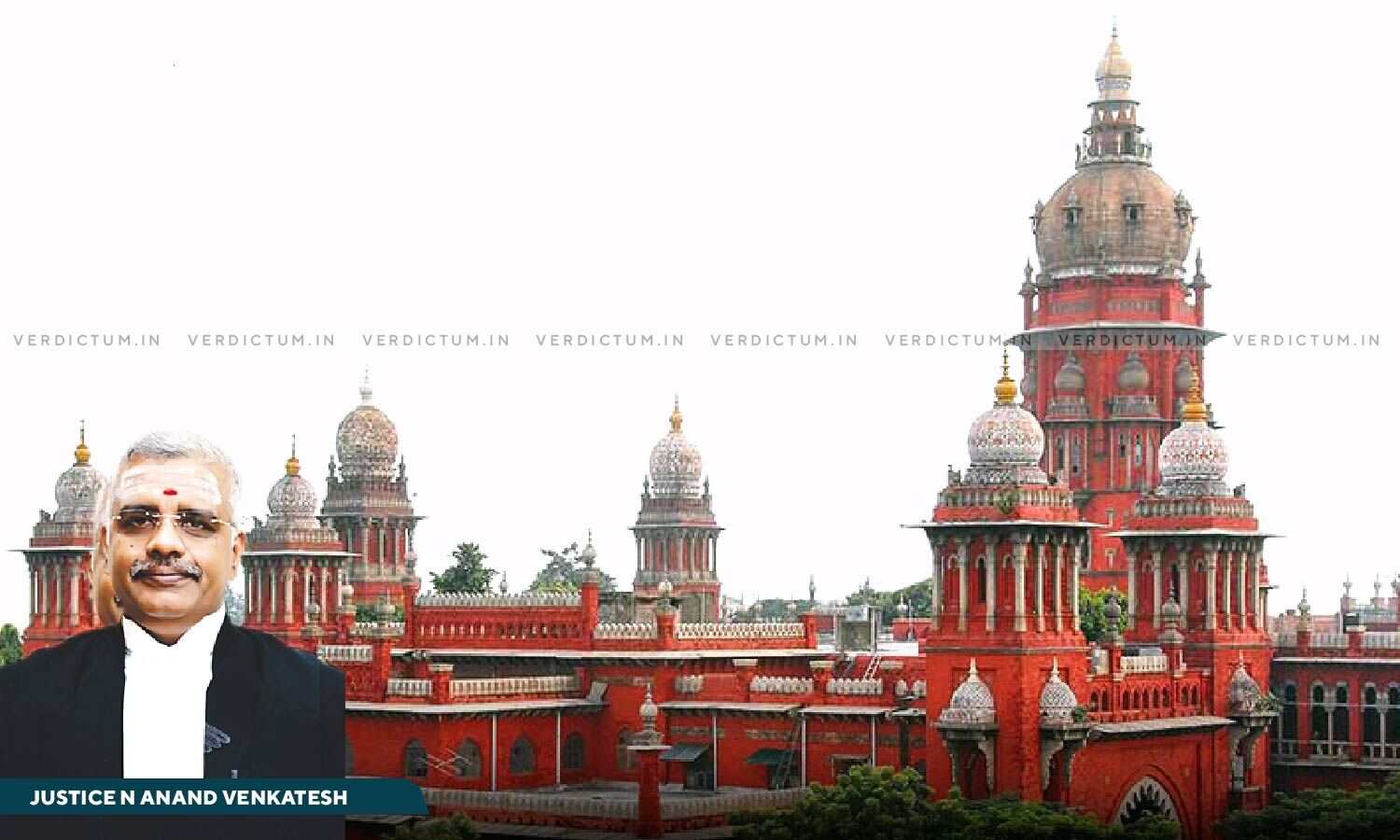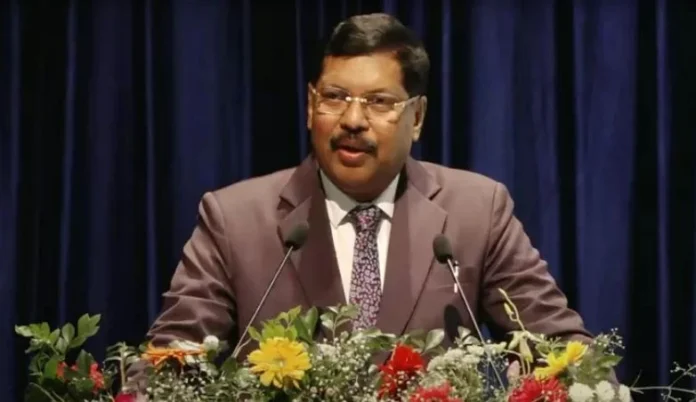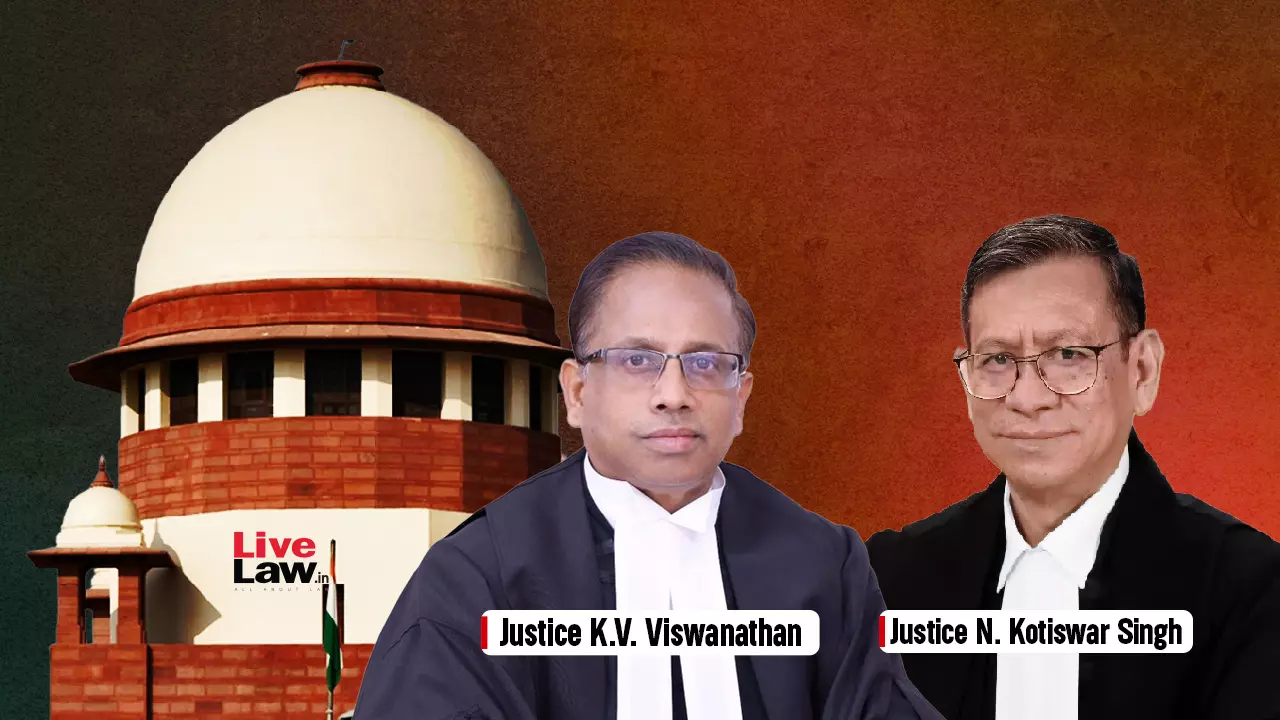Delhi High Court Dismisses Applications For Condonation Of Delay In Filing & Re-Filing Appeal
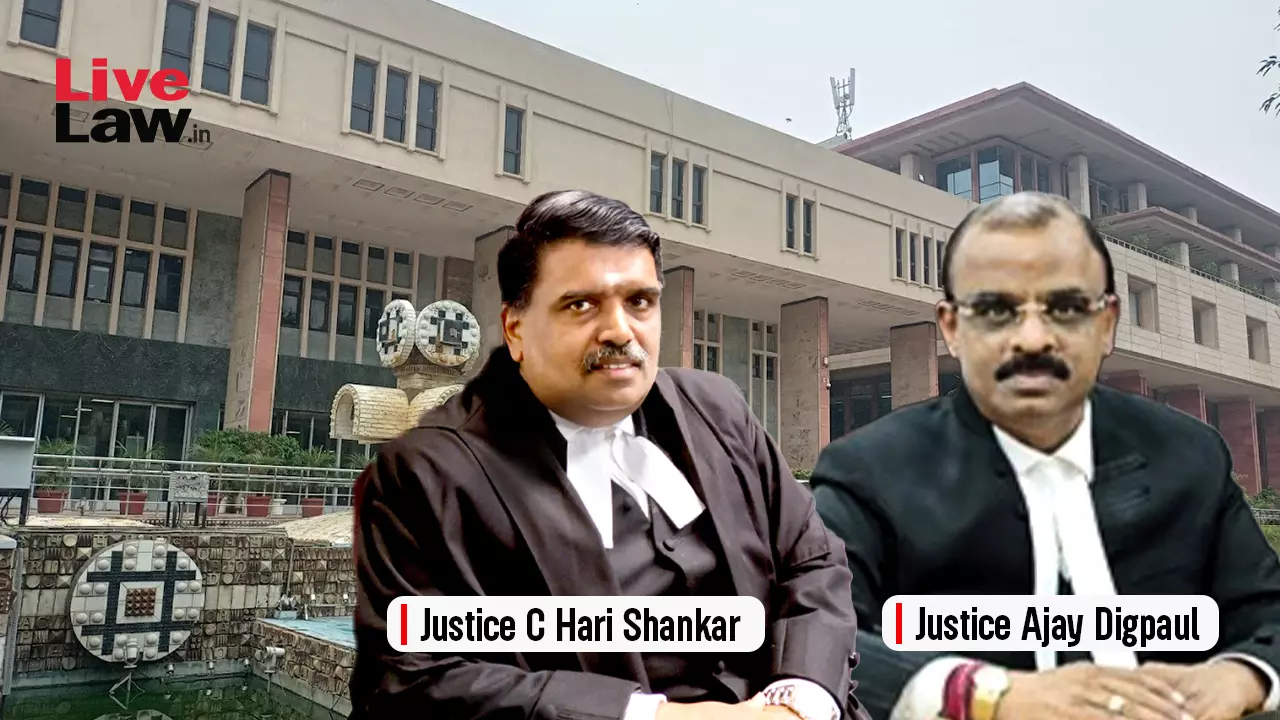
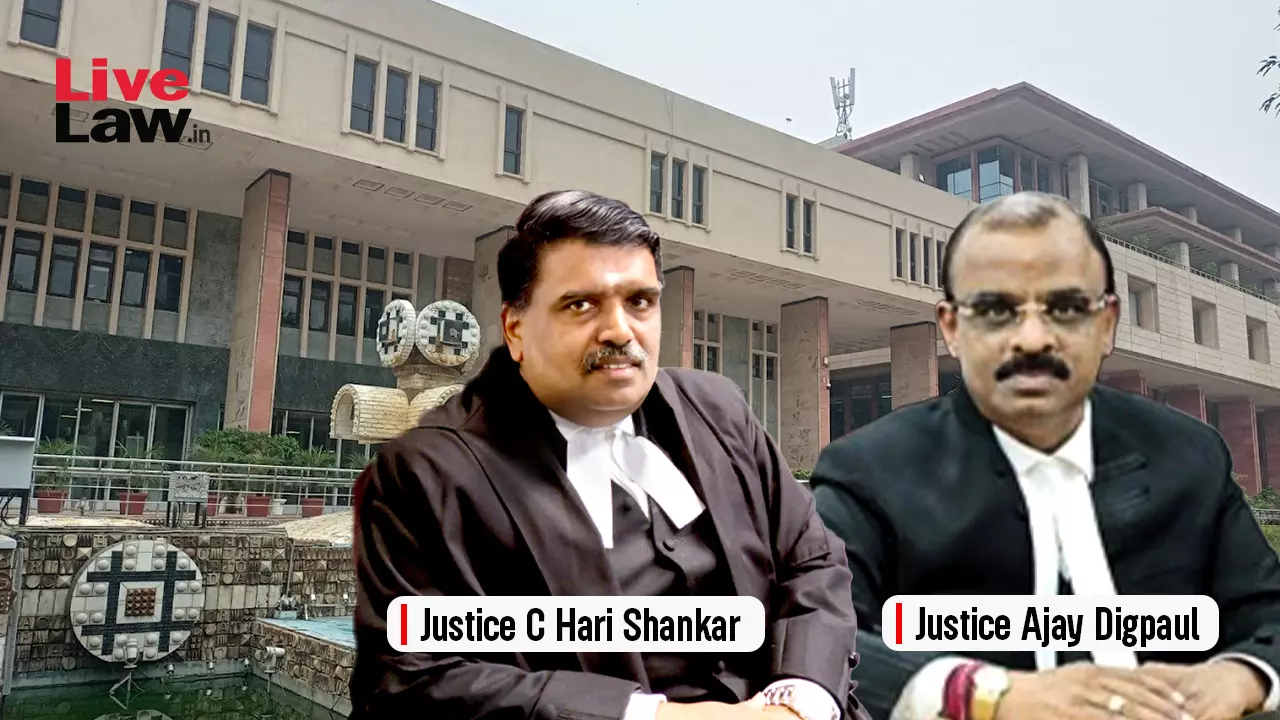
The Delhi High Court bench of Justices C. Harishankar and Ajay Digpaul observed that the conduct of the appellants in this case is deeply troubling to the court’s conscience. They neither informed the respondents about the filing of the present appeals nor disclosed the same to the court, even though the respondents’ appeals challenging the same arbitral award had been listed and heard multiple times. Under these circumstances, the delay in filing and refiling the appeals cannot be condoned due to the appellants’ evident lack of bona fide.
Brief Facts:
Disputes between the appellants and respondents were referred to an arbitral tribunal which issued its award on 20 July 2018. Both parties challenged the award under Section 34 of the Arbitration and Conciliation Act, appellants through OMP (Comm) 450/2018 and 451/2018, and respondents through OMP (Comm) 42/2019 and 43/2019.
All petitions under section 34 were dismissed by a Single Judge of the Delhi High Court via two judgments on 31 July 2023. Subsequently, Ajay Singh and SpiceJet filed FAO (OS) (Comm) 179/2023 and 180/2023, respectively, on 22 August 2023—within the 60-day statutory period under Section 13(1-A) of the Commercial Courts Act.
While the respondents’ FAOs were being heard by the Division Bench, with the appellants participating, the appellants filed FAO (OS) (Comm) 171/2024 and 173/2024 on 23 and 24 November 2023—challenging the same judgment dated 31 July 2023. These were filed 55 days beyond the 60-day limit under Section 13 of the Commercial Courts Act.
The Appellants did not inform about the filing of the present appeals neither to the respondents nor to the Division Bench and participated in the ongoing hearings.
Further, defects in the appellants’ FAOs remained unrectified until 30 July 2024—resulting in an additional 226-day delay before refiling. In this factual background, the present applications were heard and decided.
Contentions:
The Appellant submitted that under Rule 5(3) in Part A of Chapter 1 Volume V of the DHC Rules, the re-filing of the present appeals by the appellants on 30 July 2024 had to be treated as a fresh filing, by which reckoning the delay in filing the appeal would be of 281 days.
It was submitted that Apropos the delay between the filing of the present FAOs on 23 November 2023 and their refiling on 30 July 2024 that the delay was inadvertent, and that it was only occasioned because the appellants were simultaneously negotiating the FAOs filed by the respondents.
Per Contra, the Respondent submitted that the delay in refiling the appellants’ FAOs cannot be attributed to mere inadvertence or negligence. The appellants were passive observers—”fence sitters”—who took a calculated risk, assuming the respondents’ appeals would fail due to initial denial of interim relief.
It was further submitted that only after the respondents’ appeals succeeded and the appellants’ SLPs were dismissed did they attempt to revive their own appeals. In such circumstances, the delay is inexcusable, and no indulgence for condonation should be granted.
It was further submitted that the Appellants concealed the fact of the filing of the present FAOs, and their languishing under objections, from the Supreme Court. They cannot, therefore, be entitled to any leniency in the matter of condonation of delay.
Observations:
The court at the outset observed that while courts generally adopt a liberal approach toward condoning delays in refiling, this principle is not absolute. The leniency is based on the idea that if a party initially approaches the court in time, delays in curing defects and refiling are usually due to ministerial lapses—often attributable to counsel—and not a delay in seeking legal remedy. Hence, such delays are more readily condoned than delays in the original filing of proceedings.
It further observed that a successful litigant is entitled to assume that their rights have crystallized if no challenge is made by the opposing party within the prescribed limitation period. Any belated challenge can only be entertained if the delayed party shows sufficient cause for the delay.
The Supreme Court in Thirunagalingam v Lingeswaran held that when considering a plea for condonation of delay, the court must first assess the bona fides of the explanation offered, not the merits of the main case. Only if both sides are on equal footing regarding the delay can the merits be considered. Condonation should not be granted out of generosity; justice must not come at the cost of prejudice to the opposing party.
Similarly, the Supreme Court in Borse Brothers, held that if a case is filed beyond the limitation period, the applicant must show sufficient cause for the delay. Negligence, bad faith, or inactivity cannot justify condonation. Courts must strictly follow legal parameters and cannot overlook delays without valid reasons, as doing so violates statutory provisions and legislative intent.
Based on the above, the court noted that the appellants filed their appeals on 23 and 24 November 2023—55 days late—after the respondents’ timely FAOs had already been heard five times by the Division Bench. The appellants failed to serve their FAOs on the respondents or inform the Division Bench that they too had challenged the 31 July 2023 judgment, despite all matters arising from a common arbitral award. They allowed their appeals to remain defective and uncorrected for 226 days.
It further added that the Division Bench remanded the respondents’ FAOs on 17 May 2024, and the appellants’ SLPs against that order were dismissed by the Supreme Court on 26 July 2024. Only after this dismissal did the appellants serve their FAOs, rectify the defects, and refile—clearly revealing a deliberate delay and lack of bona fides.
The court held that “the matter in which the appellants acted in the present case is frankly disquieting to the conscience of the court.”
It opined that the present case does not warrant leniency in condoning the delay in refiling. The appellants did not merely neglect to remove objections; rather, they deliberately delayed refiling as part of a calculated strategy. The delay was not incidental—it was central to their approach.
In light of the above discussion, the court concluded that the appellants’ swift service, defect removal, and refiling of the FAOs within four days of the Supreme Court’s 26 July 2024 order reveal a deliberate strategy. This was not just a delay in refiling but a calculated concealment from the Division Bench and respondents, reflecting a wilful and strategic gamble by the appellants.
Accordingly, all applications seeking condonation of delay were dismissed.
Case Title: KAL AIRWAYS PRIVATE LIMITED versus SPICEJET LIMITED & ANR.
Case Number: FAO(OS) (COMM) 173/2024, CM APPL. 45539/2024, CM APPL. 45540/2024 & CM APPL. 45541/2024
Judgment Date: 23/05/2025
For Appellants: Mr. Gaurav Pachnanda, Sr. Adv., Ms. Nandini Gore, Ms. Sonia Nigam, Ms. Swati Bhardwaj, Mr. Akarsh Sharma, Mr. Akhil Abraham Roy, Mr. Gauhar Mirza, Ms. Hiral Gupta, Ms. Sukanya Singh, and Ms. Shreya Bansal, Advs.
For Respondents: Mr. Amit Sibal, Sr. Adv., K.R. Sasiprabhu, Mr. Goutham Shivshankar, Ms. Chinmayi Chatterjee and Mr. Darpan Sachdeva, Advs.



